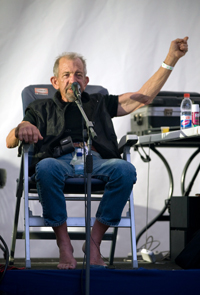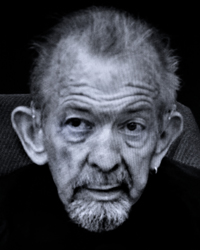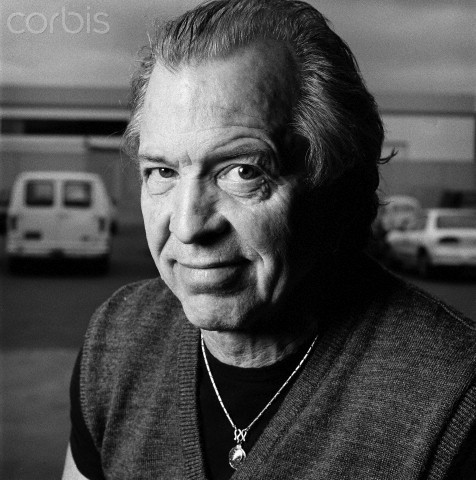Augustus Owsley Stanley
Augustus Owsley Stanley ( born May 21, 1867 in Shelbyville, Shelby County, Kentucky; † August 12, 1958 in Washington DC ) was an American politician and governor of Kentucky. This State, he also represented in both houses of Congress.
Early youth and ascent
Augustus Stanley attended, among others, the Gordon Academy and Centre College, where he graduated in 1889. He then studied law and earned the money needed as a teacher. In 1894 he was admitted to the bar, after which he opened an office in Flemingsburg. Politically, Stanley known to the Democratic Party. In 1900 he supported the unsuccessful presidential candidacy of William Jennings Bryan and was also one of its electors. Between 1903 and 1915 he was a delegate in the U.S. House of Representatives in Washington. There he championed the interests of the local tobacco farmers. He was an opponent of the great trusts, fighting for monopoly positions in their respective fields. However, he put himself in the question of the prohibition of the alcohol industry, which in 1914 cost him his re-election to Congress.
Governor of Kentucky
After leaving Congress Stanley in 1915 ran for governor of Kentucky. His opponent was the Republican Edwin P. Morrow, with whom he was a close friend. Stanley joined the campaign for an expansion of the road network, the end of forced labor for convicts and a prohibition law at the local level. The election result was extremely tight. Stanley won with a 471 -vote lead, which corresponded to 49.1% against 49.0 % of the votes - one of the closest election results in Kentucky at all. His term began on December 7, 1915. Stanley began to implement its election promises. During his tenure, anti-trust measures were initiated. A law to protect the worker was just adopted as a law to curb corruption. In addition, there was a law regulating the forced labor of convicts. The prohibition issue was still also controversial in Kentucky, as in most other states. Even in 1916, the Parliament had rejected a request. Two years later, the General Assembly then approved a Prohibition Act, 1919 and ratified Kentucky the 18th Amendment, codifying the ban on alcohol in the U.S. Constitution. However, this law should not prove. It resulted not only in Kentucky, but across the United States to band formations for the purpose of bootlegging. Organized crime was a boom, while at the same time, the authorities were not able to monitor compliance with the prohibition law. Finally, the 18th Amendment to the Constitution in 1933 has been revoked.
During the tenure of Governor Stanley, the United States entered the First World War in April 1917. A proposal to ban the teaching of German in public schools, was vetoed by the governor. Towards the end of his term, a committee was formed, which should revise the tax laws of the country. When in 1918 the post of U.S. Senator for Kentucky by the death of the incumbent Ollie Murray James was free, Stanley successfully ran for this office. Consequently, he entered on 19 May in 1919 by the Office of the Governor. Lieutenant Governor James D. Black then finished his remaining term of office until December of the same year.
Other career and death
Between 19 May 1919 and the March 3, 1925 Stanley officiated as a Democratic senator from Kentucky. At that time the Republicans had there a clear majority and therefore its influence was rather low. In the 1924 election he lost his seat to the Republicans Frederic M. Sackett. Then, Stanley resumed his legal practice again. In 1930 he was appointed by U.S. President Herbert Hoover in the International Joint Commission. This Commission was concerned with the relationship of the United States to Canada. Between 1933 and 1954 Stanley was chairman of this Commission. He died in August 1958 in Washington. Stanley was married to Sue Soaper, with whom he had three children. The sound engineer Owsley Stanley was his grandson.




.jpg)





